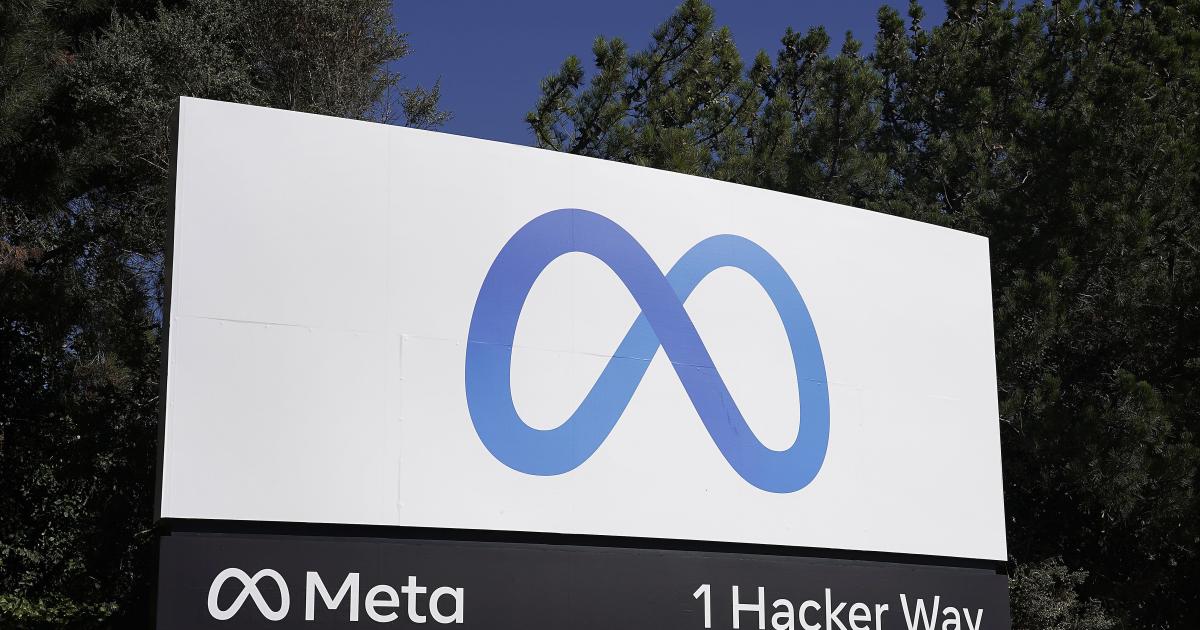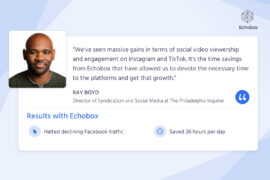In this week’s Roundup: Meta begins shutting down news on its platforms in Canada, what is Elon Musk’s obsession with X? And get ready for the Abe Lincoln chatbot on Instagram.
News
After stating its intentions following the passage of Bill C-18 in June, Meta has announced that it will officially end news access to Canadian users on its platforms over the coming weeks, writes Darren Major at CBC.
Bill C-18, or the Online News Act, requires large tech companies to pay news outlets for links hosted on their platforms. In response, both Meta and Alphabet announced that they would stop news access in Canada. Meta has been the first to pull the trigger.
Shortly after the passage of the bill, the Canadian government announced that talks with both companies to end the impasse were ongoing. News that Meta is moving forward with its threat would indicate that these talks have, so far, proved unsuccessful, though Alphabet is yet to begin blocking news content.

Sure, it’s a novel approach, but he’s nothing if not a maverick. Unhappy about the plummeting revenues at X/Twitter since he took over, Elon’s decided to do something about it. CNBC’s Hayden Field reports that X Corp., X’s parent company, has filed a lawsuit against the non-profit Center for Countering Digital Hate (CCDH) alleging a smorgasbord of wrongdoing.
The CCDH, X Corp argues, has used ill-gotten X data to “falsely claim it had statistical support showing the platform is overwhelmed with harmful content.” This is part of a campaign, X wrote in a previous letter to CCDH, “to drive advertisers off Twitter by smearing the company and its owner.” The lawsuit further alleges that this conspiracy has been bankrolled by nefarious players including “X Corp.’s commercial competitors, as well as government entities and their affiliates.”
For their part, the CCDH deny these claims.
Analysis
Alright, let’s talk about X. It’s a losing game trying to untangle the psychology of the billionaire – a Gordian knot of good and bad intentions, revolutionary fervor, hubris and thirst for power – but it is fun.
Here’s The Verge’s Elizabeth Lopatto’s take: For Elon, a deficit in execution can be overcome by an excess of vision. That vision is the “everything app.” Who cares if things don’t work properly? As long as it’s bold and ambitious enough people will put up with it.
The problem, as Lopatto makes clear, is that for a lot of the other components of the everything app, being reliable is kind of a big deal. Something which Elon’s shown little aptitude for.
This isn’t Elon’s first bite of the cherry when it comes to X. He tried to rebrand Paypal as X while in charge of that company. He was kicked out.
GDPR has been the law of the land in the EU for seven years now, and Meta’s track record of compliance has been, shall we say, spotty. In May of this year, Ireland’s Data Protection Commission fined the company $1.3 billion for illegally transferring EU citizens’ data to the US.
But data transfers aren’t the only bits of Meta’s business model of concern to the EU; the way Meta collects data for its behavioral advertising has also been found to breach the rules. GDPR regulations require Meta to obtain explicit consent from users to collect and use their data for advertising. Previously, though, Meta dealt with this by simply changing the legal basis it used to keep doing what it was doing, until finally Norway’s Data Protection Agency had enough.
Morgan Meaker at Wired reports that a couple of days ago on August 1st, Meta finally announced that it would “change the legal basis that we use to process certain data for behavioral advertising for people in the EU, EEA and Switzerland from ‘Legitimate Interests’ to ‘Consent’.” What it doesn’t mention is that these changes were announced three days before the deadline imposed by Norway’s Data Protection Agency for compliance. Not only this, non-compliance would have meant a ban on behavioral advertising in the country and a fine of $100,000 a day.
AI

Outsourcing the psychologically punishing work of content moderation to the Global South has become one of Big Tech’s open secrets. For pay that is sometimes far less than a dollar an hour, an unseen global workforce spends long hours looking at the worst content imaginable, to either moderate it themselves or help train AI systems to do it.
Now, according to Niamh Rowe for The Guardian, a group of four Kenyan workers employed by a contractor to conduct labeling work for OpenAI have called on the Kenyan government to probe what they call “exploitative conditions for contractors reviewing the content that powers artificial intelligence programs.”
The workers allege that they suffered serious psychological distress from their work, and were not offered adequate support. The legal responsibility of the big tech firms for these workers is complicated by their status as contractors. Despite this, however, a Kenyan employment court judge ruled in May that Meta was the “true employer” of its moderators in the country.
Party on, dudes! Abe Lincoln is headed to Instagram.
As per Lawrence Bonk of Engadget, Meta is planning to create “personas” (chatbots to you and me) to increase engagement on its platforms. Instagram, Messenger and WhatsApp have been touted as potential recipients of the tech.
The idea is that users find traditional chatbots rather dry. So, why not have Honest Abe spicing up the experience?

/cdn.vox-cdn.com/uploads/chorus_asset/file/24805886/STK160_X_Twitter_004.jpg)




